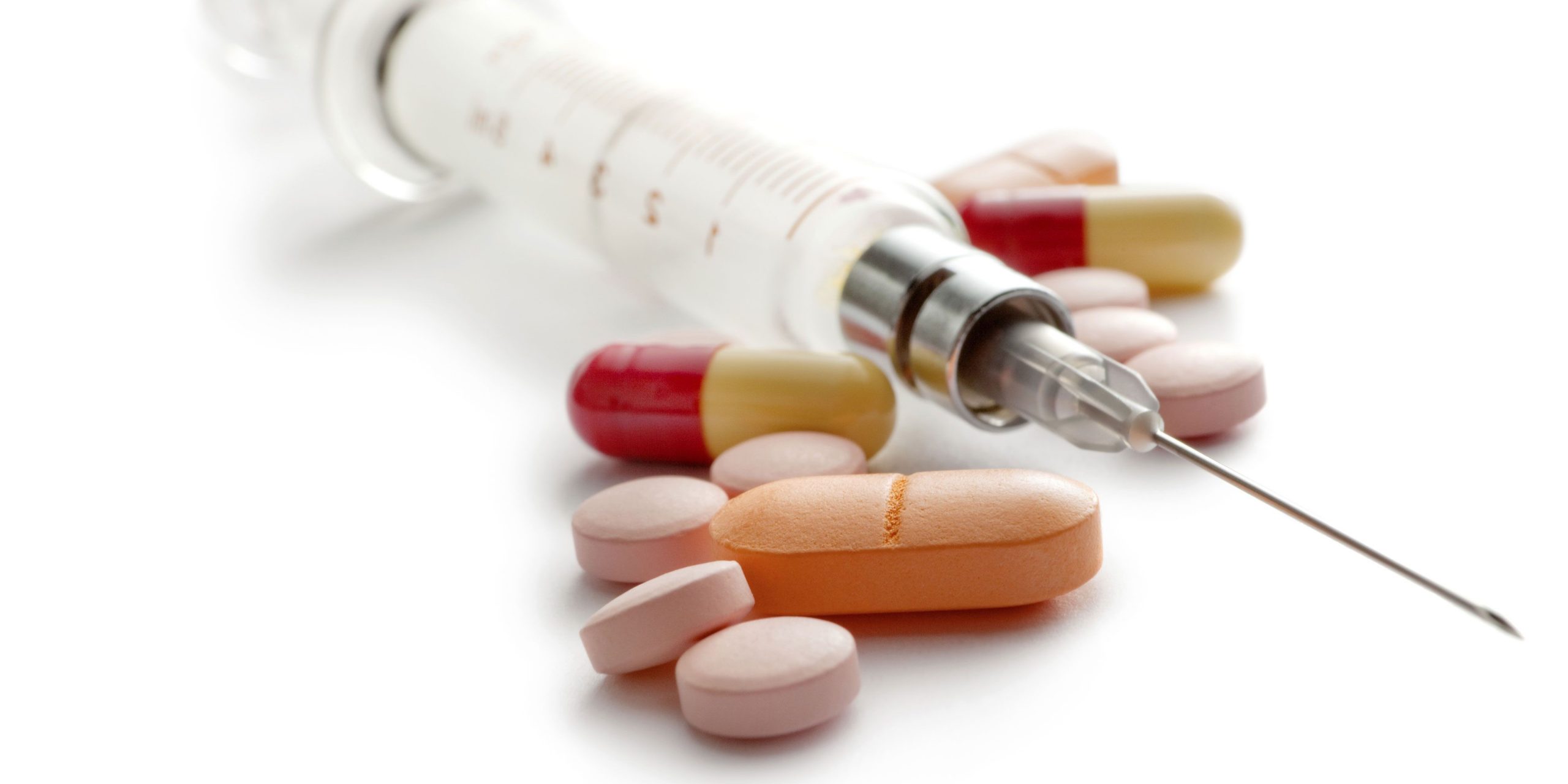In recent years, steroid cough medicines have gained widespread acceptance. In addition to reducing the severity of the symptoms, these medicines are relatively safe and have few side effects. However, if you’re prone to coughing up blood, you should avoid using these drugs. The following are some important things to keep in mind when using steroid cough medicine. Listed below are some of the potential side effects of steroidal cough medications.

Research question
First, there is no good evidence that they are effective for treating cough. In a study comparing a coffee-and-honey mix to a systemic steroid, researchers found that the combination of caffeine and honey was as effective as the steroid-based cough remedies. The participants were age 40 and had a median illness duration of two and a half months. The control group received 25 grams of guaifenesin daily.
The authors of this study compared the effectiveness of a combination of honey and coffee against a systemic steroid in patients with persistent post-infectious cough. Despite the results of this study, the authors note that their results are not conclusive. The authors cite other studies demonstrating that a mixture of honey and coffee may be as effective as a steroid cough syrup. In addition to a coffee-and-honey combination, honey-and-honey-based treatments were also equally effective.
In the current study, researchers used oral steroids to treat cough in healthy adults who did not smoke. Both groups reported no significant change in frequency of cough, although the effects were not statistically significant. The steroid group reported no adverse effects other than an increased risk of deep venous thrombosis and sepsis. The researchers noted that the results are not conclusive due to the low number of patients per group and the fact that the patients were not randomized.
In a study, a coffee and honey combination was compared to a systemic steroid for post-infectious cough. Both treatments were equally effective, though, and were a great improvement for the patient’s symptoms. This study was a double-blind trial and included participants with asthma or COPD. The participants were aged 40 years old, and the duration of their illness was 2.9 months. In addition, a coffee and honey mixture helped the patients breathe better and regain a normal daily routine.
The study was designed to compare coffee and honey with a systemic steroid in the treatment of post-infectious cough. The participants were aged 40 years and had a mean duration of illness of 2.9 months. In both groups, the coffee and honey mixture was equally effective for treating post-infectious cough. The two treatments were administered to patients who had persistent or uncontrolled post-infectious cough, whereas the steroid group had no symptoms.
This study also tested whether an inhaled steroid mixture reduced the cough frequency of participants. The steroid group reduced their cough frequency by 27%, while the control group experienced a reduction of 53%. This decrease was statistically significant in both the coffee and honey groups and was greater than that of the steroid group. The study is also worth considering because the side effects of steroid medication are rare and not harmful.
Side effects
The study had no known side effects. The study was conducted on 97 adults with PPC. The subjects were divided into three groups. One group was given a jam-like mixture of coffee and honey. The other group was given a steroid medication. The third group was given a non-steroidal cough syrup. All three were instructed to drink the given treatment daily. Afterwards, the patients were monitored for cough frequency for one week.
Another study, conducted by the University of Michigan Medicine, evaluated oral steroids for acute cough. This study was the first to test the effects of corticosteroids in humans. Its outcomes were based on two trials, one in children and the other in adults. During the study, the patients received a low-dose fluticasone. The trial also showed no significant side effects of oral corticosteroids. Those who received steroid treatments for their cough suffered from a more serious respiratory condition.

Inhaled corticosteroids have no known side effects and are most effective for mild to moderate cases of chronic cough. Short-term use of corticosteroid cough medication has been associated with harmful effects for adults in the United States. In addition, the study found that corticosteroids are not useful for severe and chronic cough. The use of oral steroids for these conditions has been linked to a variety of risks, including gastrointestinal and cardiovascular diseases.